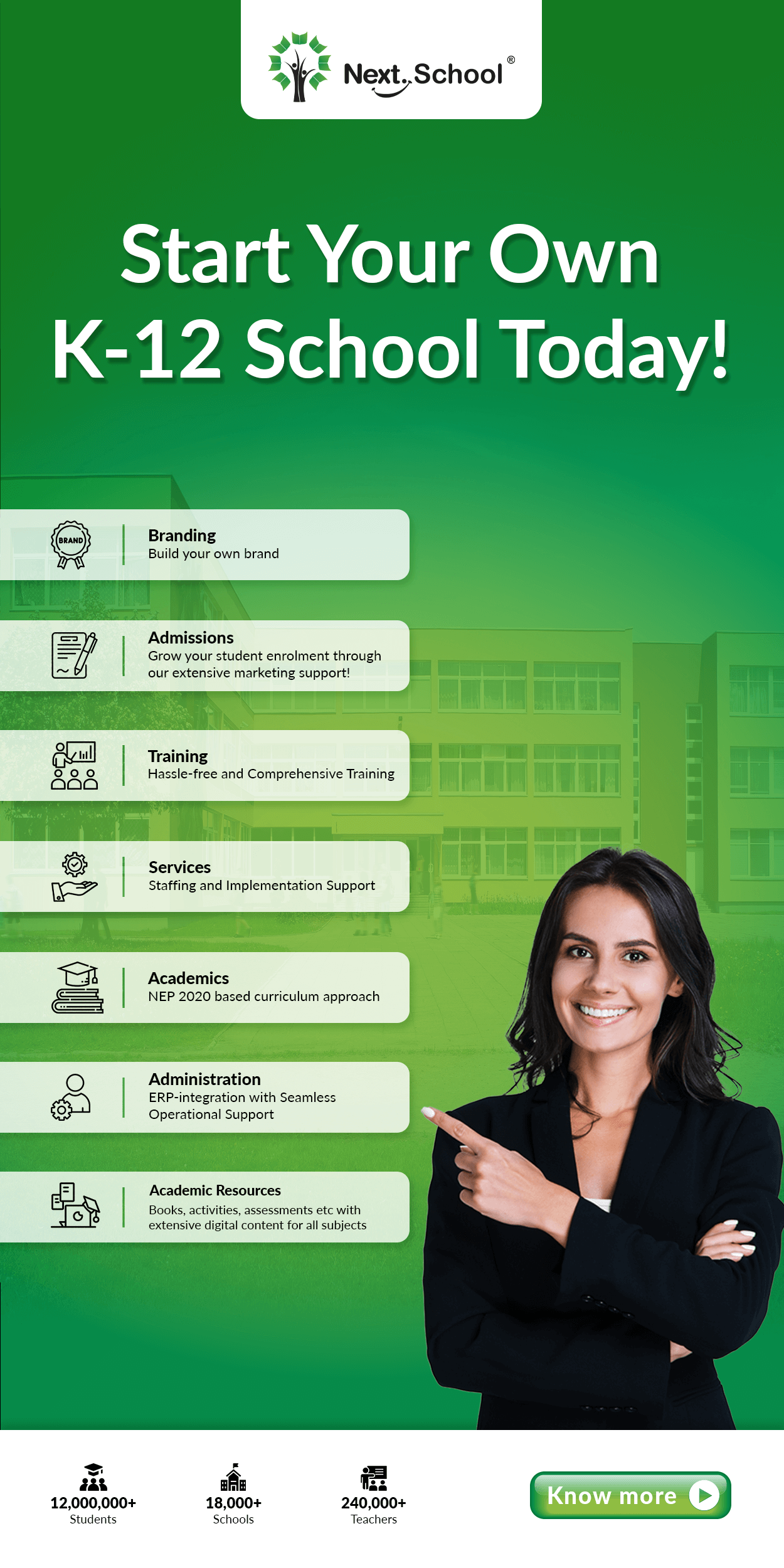Music and learning – put another dime in that jukebox!

Any good music must be an innovation. – Les Baxter
You know how everybody always says that what they do is an art. Whether an engineer or  a businessman or even a mechanic, everybody likes to think that their job is practically an art form. However, the funny thing is that if you ask a musician or an artist, they would probably say that it’s all in a day’s work for them.
a businessman or even a mechanic, everybody likes to think that their job is practically an art form. However, the funny thing is that if you ask a musician or an artist, they would probably say that it’s all in a day’s work for them.
Ultimately, it’s all about perception – how we perceive art or artists. And our perception may not always be right – because decades of portrayal in a particular manner have created a stereotypical image of artists. This applies to musicians more than anyone else. We often think of a musician as somebody with a beard and long hair, or somebody attired in all black and jumping and screaming. This may have been true, but all musicians are not like that. A musician is just a normal person who has a harmonic and melodic interest in numbers. And literature. And language. Music helps us develop rhythmic intelligence and notice accenting in language, which increases fluency as readers.
Math and Music
Just as science can be considered an art, music can be considered a science. In fact, music is extremely mathematical in nature. All music is ultimately divided into meters. Time signatures. From simple four-four rhythms, to complex five-four or seven-four – it all boils down to how well you can count. And this is not only limited to drummers or percussionists. Even guitarists and vocalists need to be able to keep good time and think in fractions on a split-second basis. There are whole songs that have evolved completely around accented beats of time signatures, something we realise when we listen to popular numbers like Queen’s We will rock you or Last Kiss by Pearl Jam.
Literature and Music
Lyrics! The thing that takes music from being pure emotion and converts it into words. From being a guitarist’s feel to a vocalist’s dream. From being some song to hum along. It is big, very often necessary, and more important than many amateurs think. However, we Indians know that. That’s why we have an award for lyricists at popular award ceremonies. And lyrics are basically poetry at its most musical. Take any old sonnet or poem you have trouble remembering, add a catchy tune to it (imagine sonnet 18 to an Air Supply track) and BANG – full marks in your next literature exam!
This link is an example of how one person took a Maya Angelou poem called Phenomenal Woman and made it into a song.
Language and Music
Music is the best way of overcoming barriers of culture and language. Even speech involves sound, used with accents and cadence, i.e. music. And all humans, no matter who they are or where they come from, respond to music. Music can be very useful even to learn your own language. Rhyme, rhythm and repetition are the skills needed to develop good reading habits. Music exposes us to all of this. It even helps people with learning difficulties.
Do you have any ideas on how you can use music to help you learn? Have you used music in the past when you’ve needed to study for an important exam? We would love to hear your story.
Also remember, the next time you listen to music – you can use it as the next way to learn!

